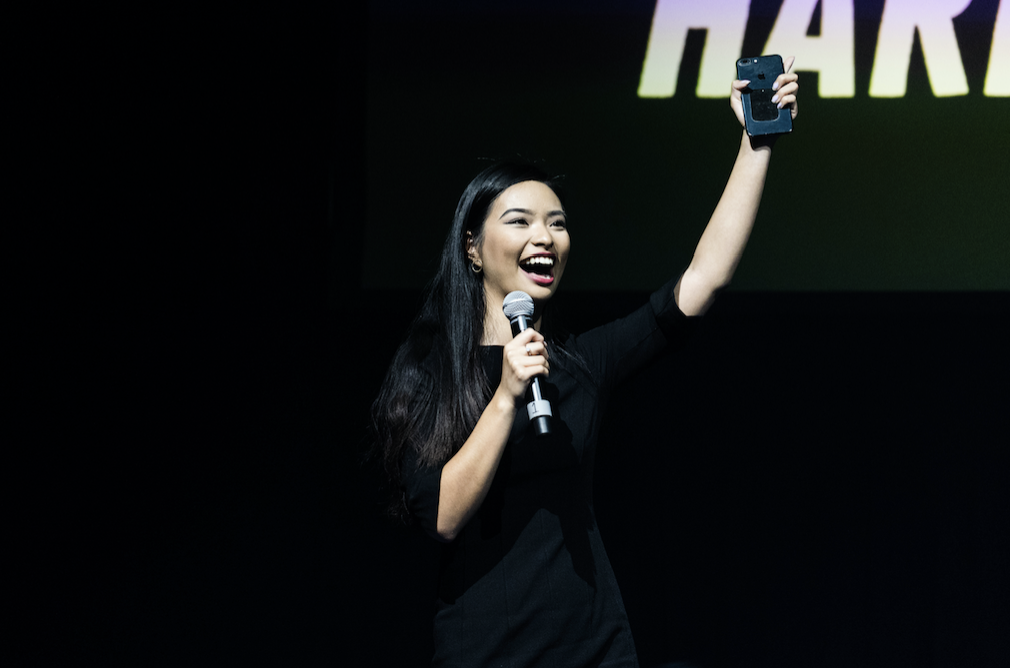
The Student Government Association’s (SGA) judicial board is investigating its current presidential election after anonymous tips allege that campaign practices may have violated SGA’s constitution. The election has been frozen until further notice.
The freeze occurred at 3:30 p.m. on Thursday, March 8, just 24 hours before the race would officially end. This is the first time Rollins administrators have had to intervene on a SGA election. This intervention adds even more tension to a tight election, which is between Matthew Weiner (‘20 HH) and Sydney Brown (’21) on one side and Nam Nguyen (’20) and Harrison Loew (’21) on the other.
“The election is frozen because there were some concerns from people, and they’re all allegations, that there was some play in violation of the SGA constitution,” said Isabella Braga (‘20), SGA’s chief justice, who is responsible for overseeing the investigation. Braga said that the initial tip that sparked the concern was texted to her by one person. “Only one tip is needed to spark an investigation. In truth, it probably isn’t as bad as people are imagining,” said Braga.
She said that more tips were then submitted to her via email from different people and that the submissions were not made by the candidates. Braga would not go into detail about the allegations, how many tips were submitted overall, or who the tips accused.
She also would not say what parts of the constitution were allegedly violated. When asked if one candidate is specifically being investigated, she said, “The [investigation] opening and [election] freezing technically means that both candidates are being investigated.”
The campaigns leading up to the election have been very tense, resulting in both candidate pairs reporting issues to either Campus Safety or SGA.
Weiner and Brown each filed a report to Campus Safety about people tearing down and defacing their campaign posters.
Nguyen said that she and Loew made formal complaints to Braga; Jade Taylor, assistant director of the Center for Inclusion and Campus Involvement (CICI); and Robert Whetstone, student outreach coordinator for the CICI. Taylor and Whetstone are the two faculty members that oversee SGA.
Nguyen said that she reported “things we had heard that we didn’t think was fair and certain interactions that people told us about,” in regard to actions committed by Weiner and Brown’s campaign.
She would not go into detail on what this meant because she said she did not think she was allowed to discuss it publicly.
Braga would not confirm if these complaints were the tips that sparked the investigation.
“Harrison and I have done our best to run a very clean campaign. Regardless of personal issues, we don’t talk about it publicly or we don’t tell our friends not to vote for someone,” said Nguyen.
Weiner said he believes his campaign has been fair and unbiased. “Sydney and I have campaigned fairly and we have respected the other candidates throughout their campaign,” he said. “We have done all we can to be impartial.”
In the dark
Candidates were notified of the freeze on Thursday, March 8 at 4:30 p.m. after all SGA senators received an email from Nagina Chaudhry (‘19), current SGA president, calling for an emergency meeting regarding election concerns. Both candidates were called into separate meetings with Chaudhry; Taylor; Whetstone; Meghan Harte Weyant, dean of students; and Maeghan Rempala, director of the Office of Community Standards and Responsibility, where they were told of the freeze.
Weiner was in Japan for a field study at the time, so his running mate, Brown, had to sit in on the meeting on her own.
Brown said that the group would not go into detail about any allegations, which she found unfair. “I feel like I have a right to know. I’m in the process, you know?” she said.
Weiner and Brown have faced issues with their campaign from the very beginning, finding their posters and signs torn off walls and thrown into trash cans. They made two formal reports to Campus Safety regarding the destruction. “From the very beginning, the day we put up our posters, we have been facing issues with students tearing them down, people vandalizing our posters,” said Brown.
Then came the hate crime. On Thursday, Feb. 28, one of their posters was found in a study room in the basement of Olin Library covered in homophobic and misogynistic slurs targeting Weiner and Brown. Brown said that the administration was very concerned about this because it was targeting the candidates’ specific identities. It was filed as a hate crime, and a report was sent in a campus-wide email.
Brown said the campaigning process has been daunting and exhausting, and that freezing the election has added even more stress to her and Weiner’s plate. “I feel like the process is against us, and I feel like withholding these results for whatever reason is just completely unnecessary.”
Nguyen denied any involvement with the defacing of her opponents’ posters. “When you have your face, your flyers, and yard signs everywhere, people that don’t like you kind of come out of the woods. But I can assure that Harrison and I would have never done something like that,” said Nguyen.
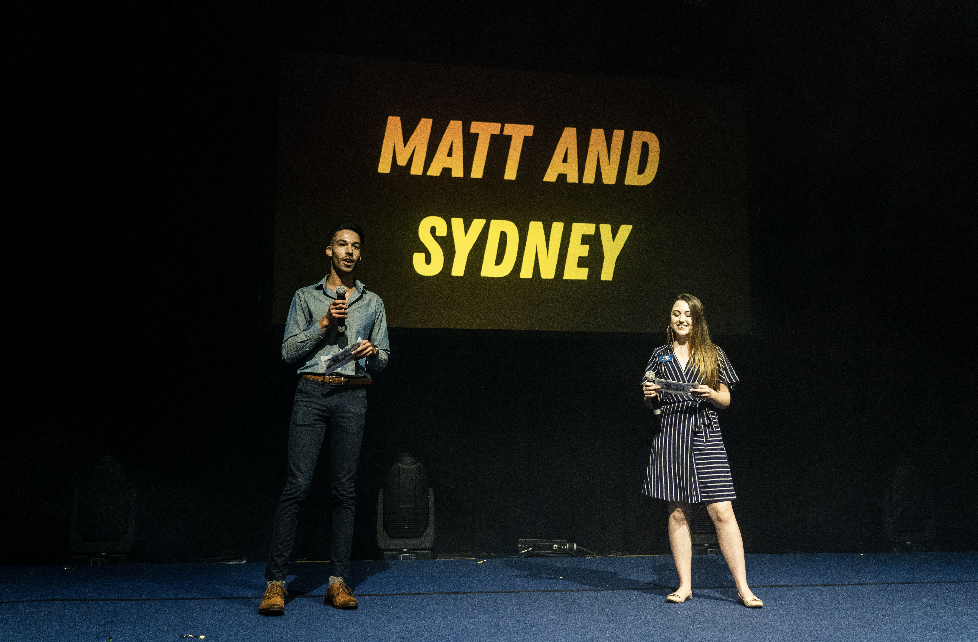
Moving forward
Chaudhry announced the election freeze in a campus-wide email via Weyant on Friday, March 9. The email asked that students with additional evidence of campaign violations should email the information to care@rollins.edu by Wednesday, March 20.
Once all the evidence is collected, SGA’s judicial board, which is comprised of Braga and five associate justices, will examine it with Rempala to decide what is factual and what is hearsay, according to Chaudhry. Rempala said that she will also assist the board in determining if any justices are “too close to the candidates to be unbiased in their decision-making.” She said that if so, a member may be recused from the judicial process.
Then, if the board finds reason to, it will hold a hearing where Samantha Thelen (‘20), SGA’s attorney general, will argue for a prosecution, and the candidates can appear to defend themselves. From there, the justices will vote on whether the constitution was violated.
It is unclear how the investigation will move forward from there—the vote could be the be-all end-all of the investigation, or the board may take its vote to the administrators overseeing the election, who would then help interpret the constitution.
Braga said that there are some holes in the constitution that make this confusing and that she and the administrators have not decided how the process will move forward after the vote. Depending on what the investigation finds, if anything, then the voting may open for another 24 hours to complete the election process. Chaudhry said it is not known when this may take place, but that she will update the campus when she has more information.



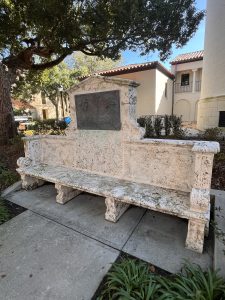



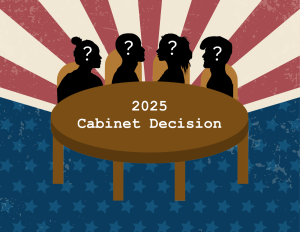


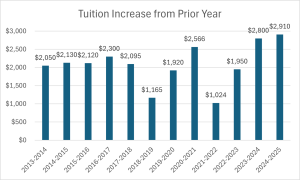


Be First to Comment